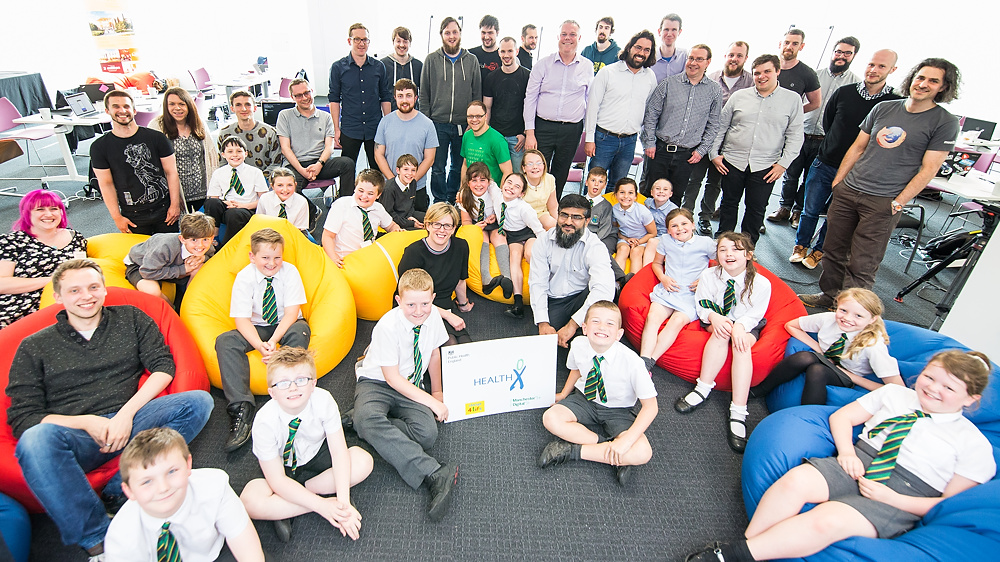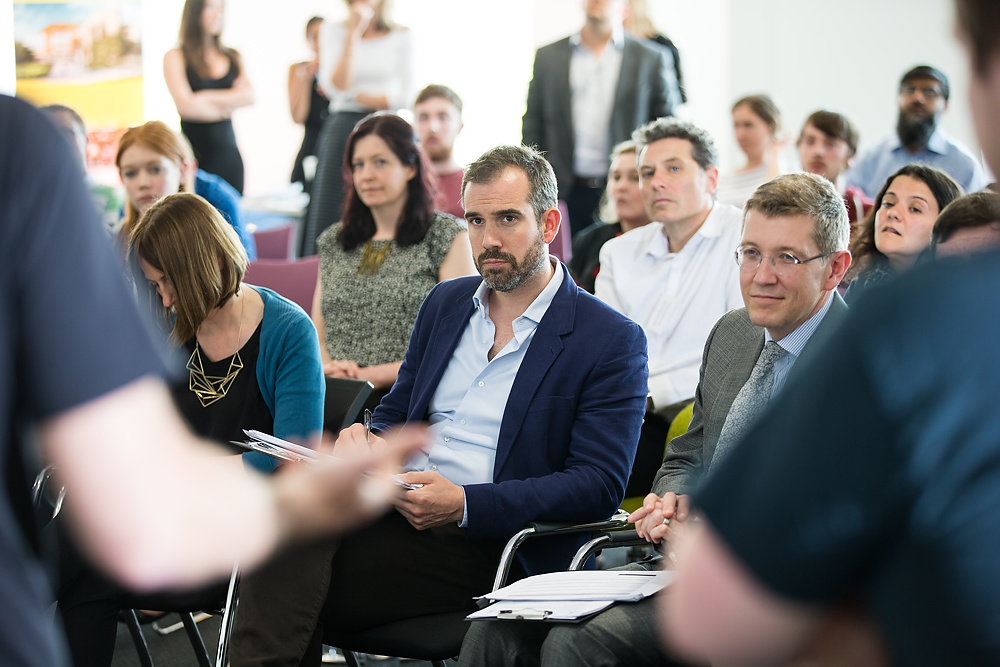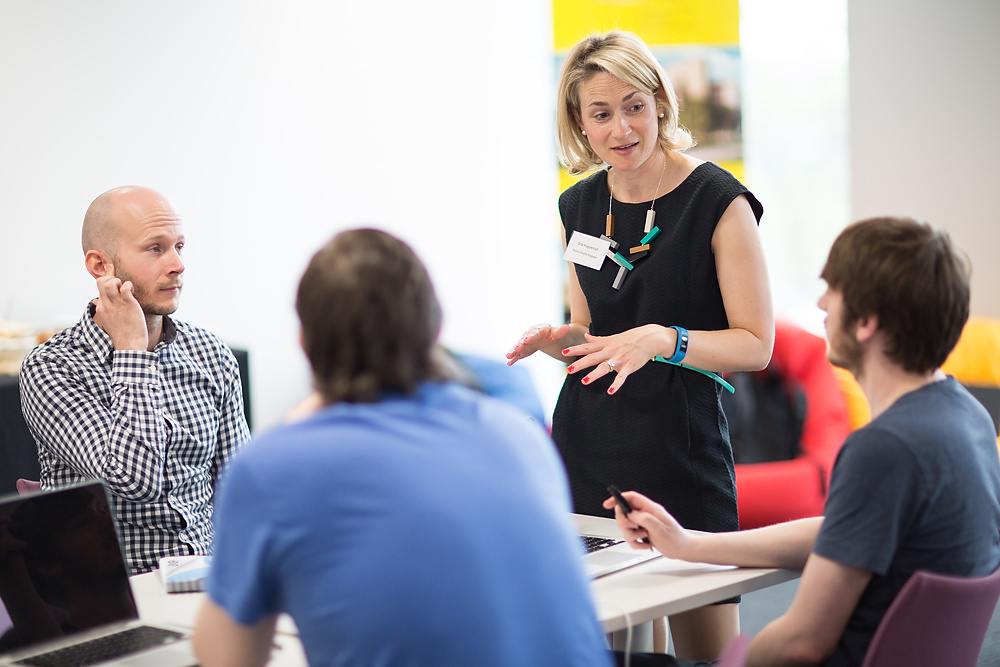If you have a passion for improving the public’s health it’s hard not to feel excited about the potential solutions to some of our biggest problems.
Take obesity; there’s no bigger challenge - and no single way of tackling it - but there are approaches which I see as real game-changers.
One of the great things about digital health is that it’s already making a mark and changing the game. I bet many readers of this blog use health apps or wearables, but there’s still so much further we can go.
Did you know that since the turn of the year millions of people have used PHE digital products to better understand their own health (like the Sugar Smart app or the or ‘How are You?’ online quiz)?
This clear demand only whets our appetite to take this further so it was great to see PHE colleagues running the HealthX Hackathon in Manchester this week (hosted by Manchester Digital Council) which saw digital developers and health experts devising tools with a vital aim; to help children eat better and move more.

The concept of a hackathon is most familiar to those in the computer programming world, but as a health professional it’s fascinating to see what’s possible when experts from different fields combine their knowledge.
The teams charged with coming up with ideas included tech developers from across the North West (and Manchester University) along with public health professionals and clinicians from Manchester NHS, Public Health England and Manchester City Council.
It’s really powerful when you combine an innovative and disruptive digital culture with the knowledge of experienced medics, as well as experts who understand how to build an evidence base and measure health impact.
The event also had a fantastic group of judges to assess the presentations at the end of the hackathon, and I look forward to blogging later this year when we’ll report on whether the two days of intensive work led to a digital product which could be launched and ultimately improve children’s health.
Because that’s the end goal, and with over a third of 10 to 11 year olds overweight and just 21% boys and 16% girls meeting recommended physical activity guidelines, we have to act fast.

Of course, using digital tools is just one part of a wider strategy that also includes work with the NHS, local authorities and industry, but technology offers unique opportunities to reach people at scale, at relatively low cost.
And we know that no single organisation, or even one sector, can transform health with digital tools, so we won’t act alone. The combination of our knowledge, data and behavioural science expertise alongside partners in the health and tech sectors, can make this a reality.
Reaching people, with information customised to them, at a time to suit them- on the mobile devices they carry around with them every day - presents incredible opportunities which we have to grasp.
For more information, pictures and videos from the Hackathon, take a look at Tweets from the event using the event’s hashtag #PHEHealthX
https://youtu.be/ODHGf82WTgY

